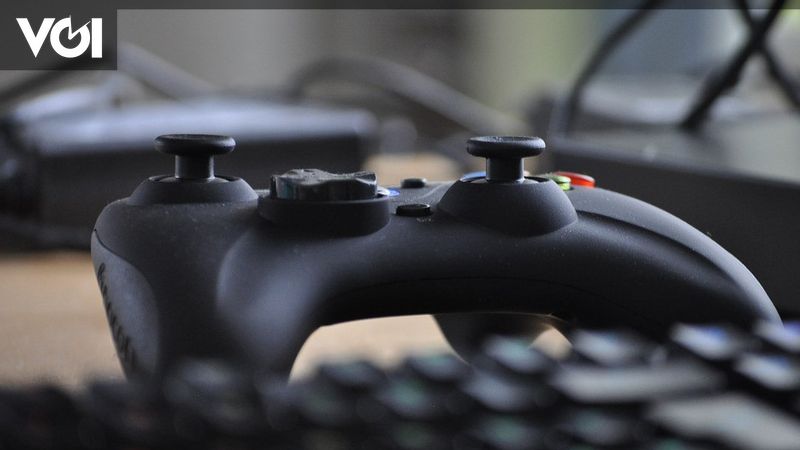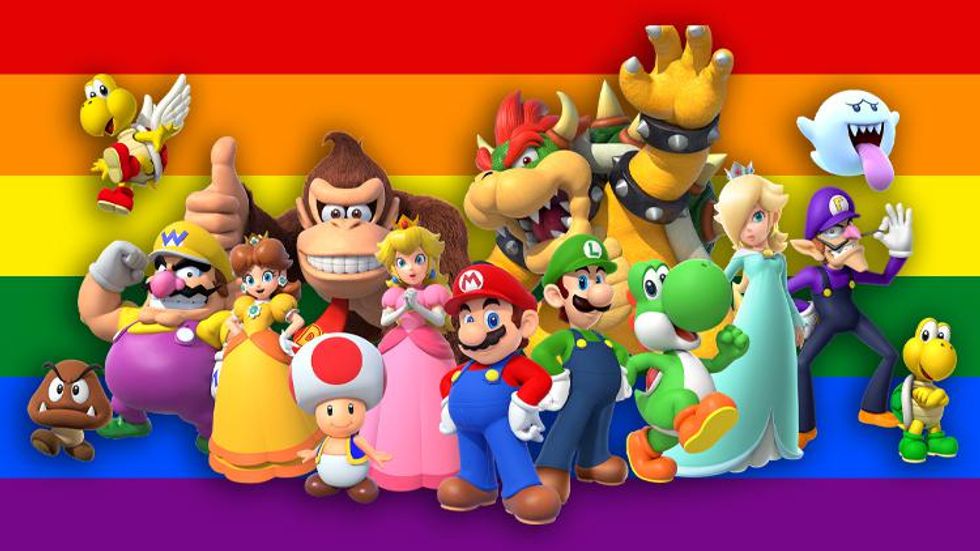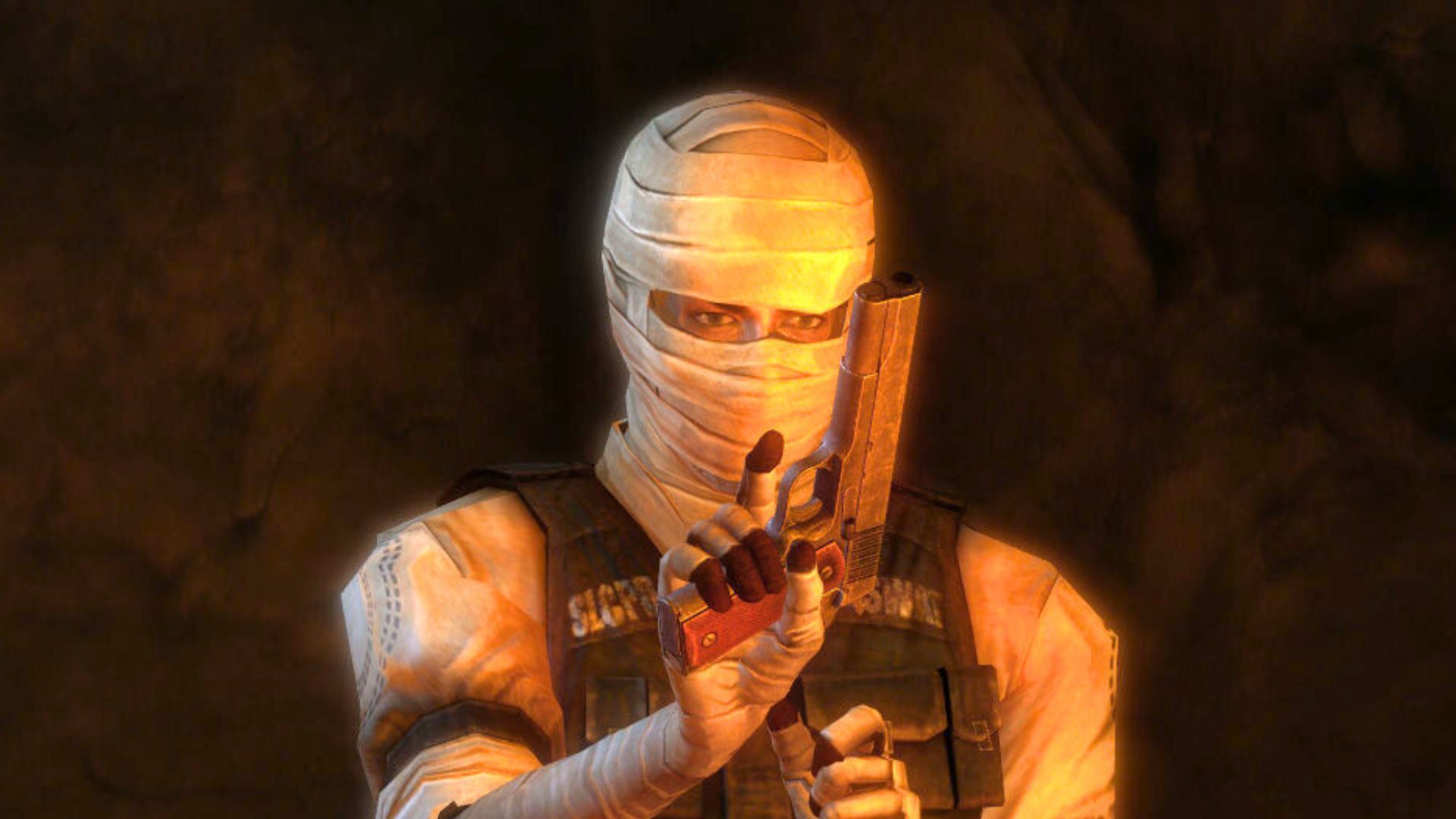
In a significant development amid the ongoing situation in Ukraine, both Sony Group Corp and Nintendo Co Ltd have taken steps to halt their shipments of both software and hardware to Russia. This action comes as a direct response to the invasion of Ukraine that took place last February, indicating how geopolitical tensions are impacting the global games industry.
Sony Interactive Entertainment, renowned for its PlayStation 5 console, has put a stop to the launch of the eagerly awaited racing game Gran Turismo 7 within Russia. Furthermore, the company has suspended operations of the PlayStation Store in the region. These measures reflect Sony’s stance on the conflict and its immediate implications on its business operations in Russia.
Adding to its operational adjustments, the Sony Group has also made a significant charitable gesture by donating $2 million to the United Nations High Commissioner for Refugees and Save the Children. This substantial donation aims to provide much-needed support to the victims of the conflict, showcasing Sony’s commitment to humanitarian aid in these trying times.
On the other hand, Nintendo has announced that it will be suspending shipments of all its products to Russia for the foreseeable future. The decision stems from the considerable volatility surrounding the logistics of shipping and distributing physical goods in the current geopolitical climate. This suspension includes not just gaming consoles and titles but all Nintendo products destined for the Russian market.
Additionally, Nintendo disclosed the postponement of Advance Wars 1+2: Re-Boot Camp, a strategy game with a military theme scheduled for release on the Switch consoles on April 8. The delay, attributed to recent world events, underlines how the unfolding situation has forced the gaming giant to reassess its launch timelines and operations.
With the eShop maintenance in Russia following the payment provider’s suspension of transactions in Russian rubles, Nintendo’s business in Russia faces logistical and operational challenges. This situation showcases the ripple effect of geopolitical conflicts on the tech and gaming industries, affecting not only physical goods distribution but also digital transactions and online storefront operations.
As the gaming sector reacts to the global situation, the broader technology and financial sectors, including the cryptocurrency market, also adapt to the evolving regulatory and geopolitical landscape. Despite the challenges, these developments reflect a concerted effort across industries to ensure compliance with international sanctions and support for global peace and stability efforts.
Source






